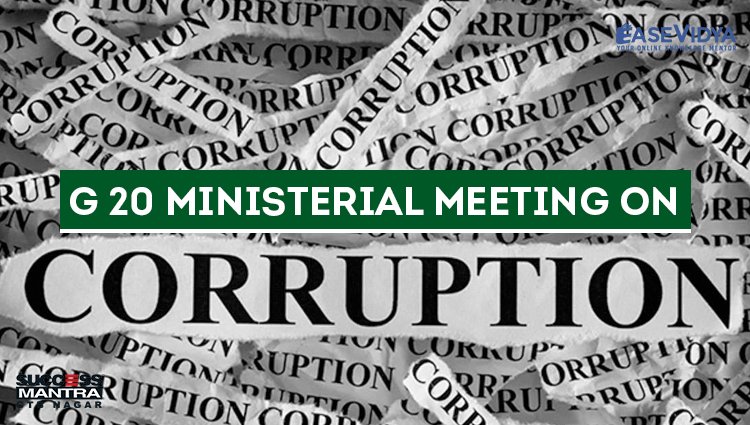
G 20 MINISTERIAL MEETING ON CORRUPTION
G-20 (GROUP OF TWENTY)
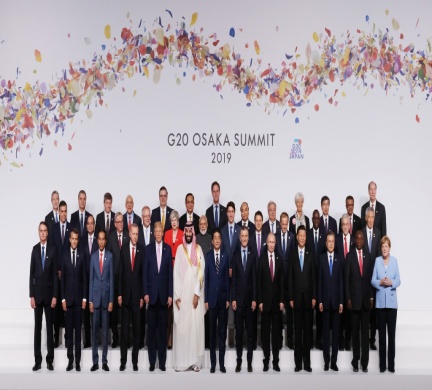
The G20 (or Group of Twenty) is an international forum for the governments and central bank governors from 19 countries and the European Union (EU). Founded in 1999 with the aim to discuss policy pertaining to the promotion of international financial stability the G20 has expanded its agenda since 2008 and heads of government or heads of state, as well as finance ministers, foreign ministers and think tanks, have periodically conferred at summits ever since. It seeks to address issues that go beyond the responsibilities of any one organization.
The G20 is the latest in a series of post–World War II initiatives aimed at international coordination of economic policy. The G20 was foreshadowed at the Cologne summit of the G7 in June 1999. The finance ministers of the G-7 countries in Sept, 1999 established the G-20 as an international forum to promote informal dialogue and cooperation among systematically important countries within the framework of Breton woods institutions system with a view to preserving international financial stability.
BACKGROUND OF G-20 NATIONS
Amid the 2008 Financial Crisis, the world saw the need for a new consensus-building at the highest political level and it was decided that the G20 leaders would begin meeting once annually. Members with the G20 growing in stature after its inaugural leaders' summit in 2008, its leaders announced on 25 September 2009 that the group would replace the G8 as the main economic council of wealthy nations. Since its inception, the G20's membership policies have been criticized by some intellectuals, and its summits have been a focus for major protests. The heads of the G20 nations held summits twice in 2009 and twice in 2010. Since the November 2011 Cannes summit, G20 summits have been held annually. The members of the G20 are: Argentina, Australia, Brazil, Canada, China, France, Germany, India, Indonesia, Italy, Japan, Republic of Korea, Mexico, Russia, Saudi Arabia, South Africa, Turkey, the UK, the USA, and the EU. One nation holds the chair every year, known as the 'G20 Presidency'.
G-20 MINESTRIAL MEETING ON CORRUPTION
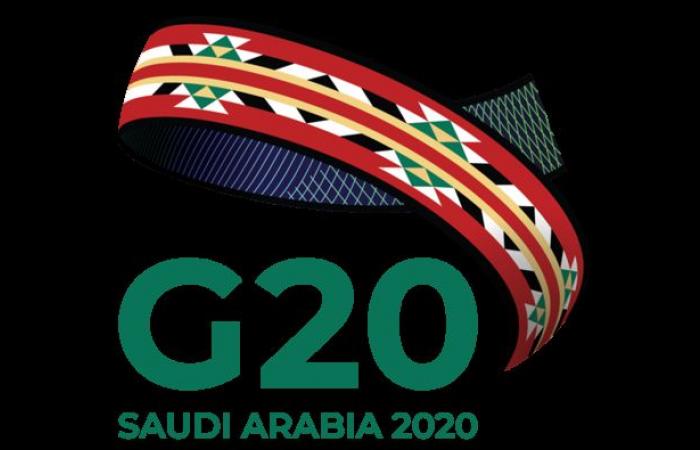
Recently, Saudi Arabia hosted the first-ever Ministerial Meeting of the G-20 Anti- Corruption Working Group (ACWG) virtually. Currently, Saudi Arabia holds the presidency of G-20 and is the first Arab nation to do so. G-20 Anti-Corruption Working Group was set up in June 2010 at the Toronto Summit of G-20. The year 2020 marks its 10th anniversary. The objective of G-20 is to prepare "comprehensive recommendations for consideration by leaders on how the G20 could continue to make practical and valuable contributions to international efforts to combat corruption". ACWG has led the G-20 anti-corruption efforts coordinating the collective and national actions taken by its members. It actively works with the World Bank Group, the Organization for Economic Cooperation and Development (OECD), the United Nations Office on Drugs and Crime (UNODC), the International Monetary Fund (IMF), the Financial Action Task Force (FATF), etc. The World Bank and the UNODC are also involved in the ACWG through the active participation and contribution of Stolen Asset Recovery Initiative (STAR) to its work, which plays an advisory role on asset recovery, anti-money laundering/counter-terrorism financing, transparency and beneficial ownership, etc.
G-20 ON CORRUPTION
In recent years the G-20 has played a critical role in global and national anti-corruption efforts. It recognizes the negative impact of corruption which, ‘threatens the integrity of markets, undermines fair competition, distorts resource allocation, destroys public trust, and undermines the rule of law’. It is committed to ensuring that member countries lead by example and add value to existing international instruments and commitments. The G-20 agreed on the Anti-Corruption Action Plan, 2019-2021 in Buenos Aires in 2018. In the framework of this action plan, G-20 members look forward to developing targeted actions where the G-20 can best add value in promoting international efforts in the fight against corruption.
INITIATIVES IN INDIA ON CORRUPTION
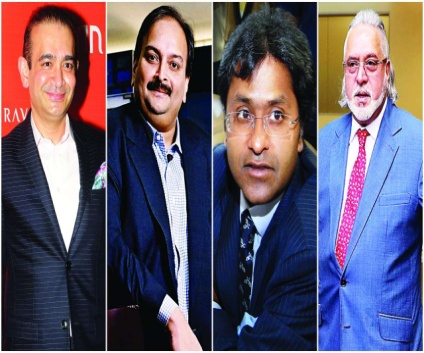
• Central Vigilance Commission: Though created in 1964, it became an independent statutory body in 2003. Its mandate is to oversee the vigilance administration and to advise and assist the executive in matters relating to corruption.
• Prevention of Corruption Act, 1988: The Act aims at checking corruption in big places and striking hard against corporate bribery. It seeks to establish a vicarious liability so that the actual bribe giver is also exposed. It was amended in 2018 to introduce a number of new provisions including criminalizing the act of giving bribes also in addition to taking the bribe and at the same time putting in place an effective deterrence for such actions by individuals as well as corporate entities.
• Lokpal and Lokayuktas: The Lokpal and Lokayukta Act, 2013 provided for the establishment of Lokpal for the Union and Lokayukta for States. These institutions are operational in the country to bring in more transparency, more citizen-centricity and accountability in governance.
• Fugitive Economic Offenders Act, 2018: It empowers authorities for non-conviction based attachments and confiscation of proceeds of crime and properties as well as assets of a fugitive economic offender.
• Prevention of Money Laundering Act, 2002: Money laundering is the process of making large amounts of money generated by criminal activity, such as drug trafficking or terrorist funding, appear to have come from a legitimate source. The law was enacted to prevent and control money laundering, provide for confiscation and seizure of property obtained from laundered money and to deal with any other issue connected with money-laundering in India.
ROLES AND RESPONSIBILITIES OF G-20
• G-20 is a platform where the Leaders’ committed to work with developing countries, particularly low-income countries to support them in implementing their nationally driven policies and priorities which are needed to fulfil internationally agreed development goals.
• G-20 provides policy coherence, analysis and practical tools to support growth and development. This helps G20 members to better target their cooperation with developing countries and can help amplify development efforts on the international agenda.
• It promotes inclusive societies and opportunities for all. Co-ordinate work associated with G20 on human resources has helped many job-seekers with employment opportunities. The G20 members have and will continue to have important implications for growth and development in Low Income Developing Countries (LIDCs).
• G-20 plays a critical role in creating an enabling environment for inclusive global growth and development. The 2030 Agenda for Sustainable Development also sets an ambitious, transformative and universal agenda for sustainable development efforts.
• Today, when the global pandemic COVID-19 is making its way into the annals of the world, G-20 needs a more humane touch. British installations during the Second World War were plastered with posters which said Careless talks costs lives. It also has to be noted that 90 percent of the COVID-19 cases and 88 percent of deaths were in G-20 countries. Therefore, proactive talks with a collective approach will bring to halt this crisis of pandemic.
QUESTION (1-5)
Q.1 G-20 is an international forum where leaders of different government meet annually is founded in which of the following years?
A. 1997
B. 1999: ANSWER
C. 2000
D. 2002
Q.2 From the following options which is the only organization or Union of nations and the member of G-20 with other 19 States?
A. African Union
B. European Union: ANSWER
C. ASEAN Nations
D. None of the above
Q.3 There are 20 members in G-20 and one nation holds the chair every year, known as the 'G20 Presidency', currently which country is holding the chair of G-20?
A. France
B. Germany
C. Brazil
D. Saudi Arabia: ANSWER
Q.4 Recently which of the following countries have hosted the first-ever Ministerial Meeting of the G-20 Anti-Corruption Working Group (ACWG) virtually?
A. Argentina
B. Australia
C. Saudi Arabia: ANSWER
D. Germany
Q.5 Central Vigilance Commission is an independent statutory body set up by the Government of India. Which of the following persons is the first Chief Vigilance Commissioner of India?
A. N Srinivas Rau: ANSWER
B. H J Kania
C. P B Gajendragadkar
D. M Patanjali Sastri











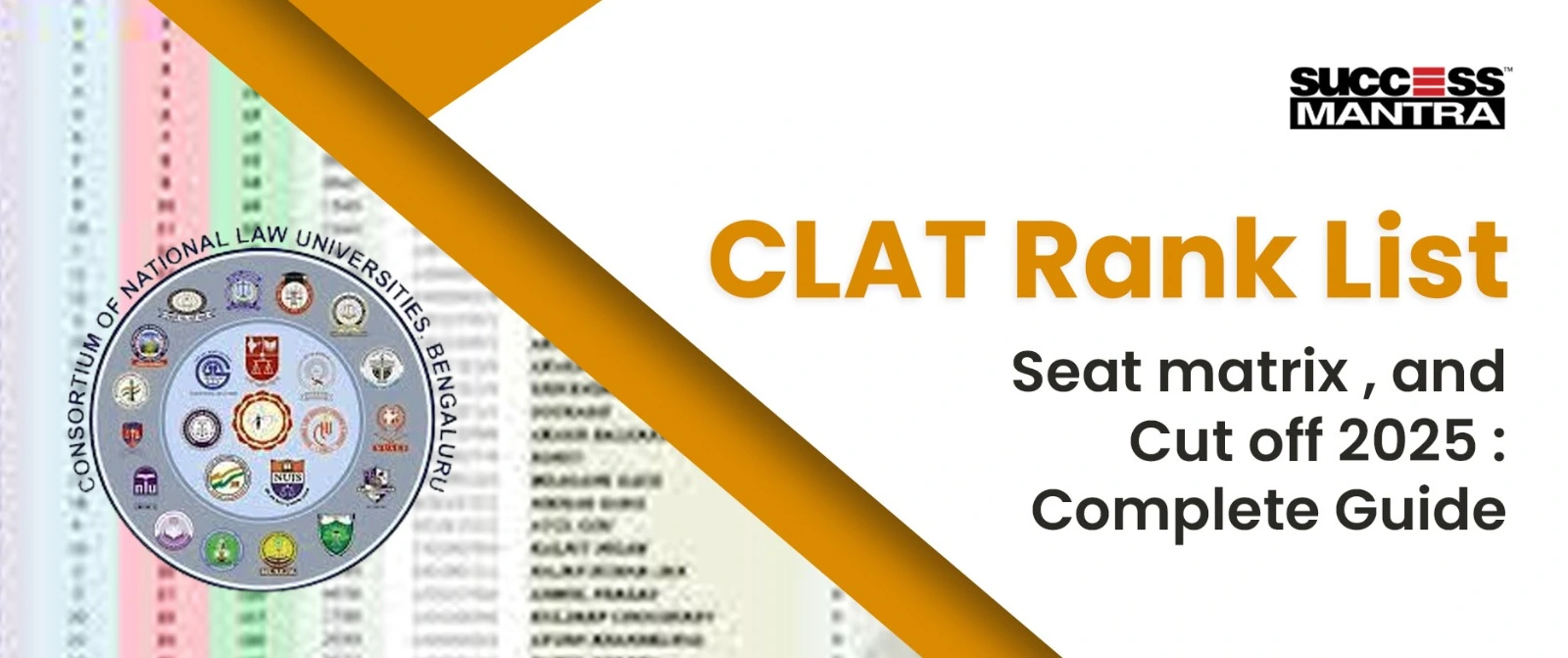




0 Comment